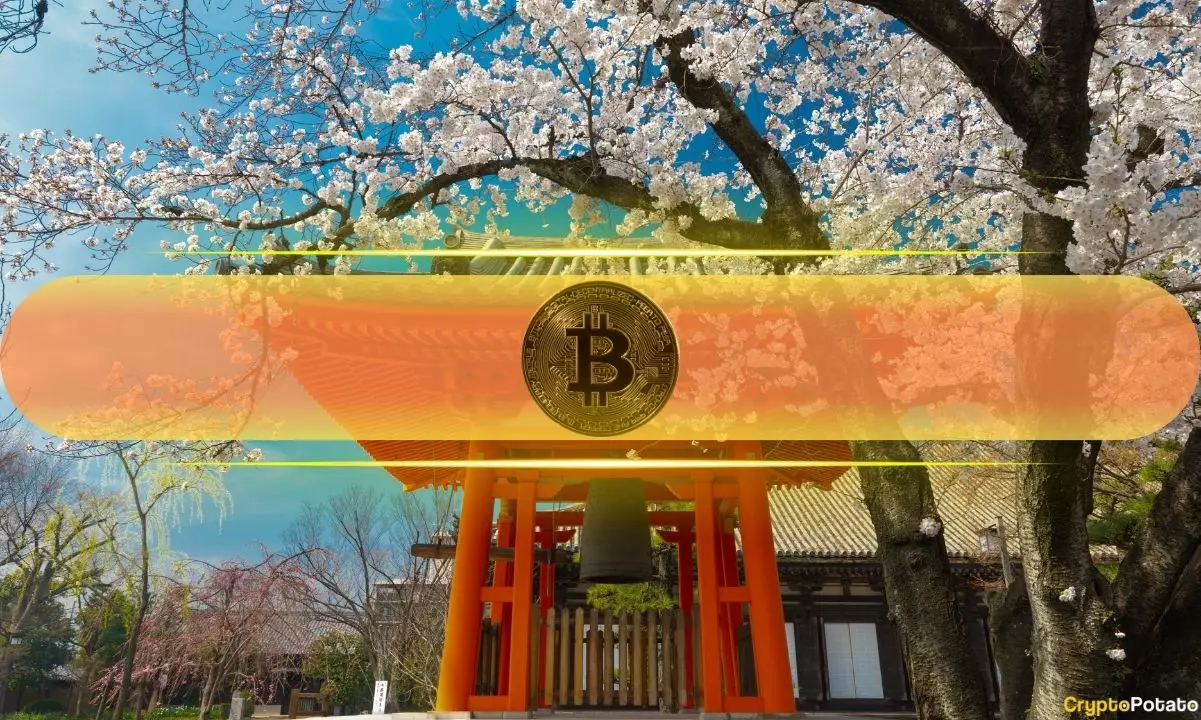In recent years, Bitcoin has emerged as a significant asset in the geopolitical landscape, provoking interest from governments around the world. The cryptocurrency’s potential to redefine financial sovereignty has prompted various nations to consider incorporating Bitcoin into their national reserves. This shift could alter the way countries manage their financial assets, leading to a transformation in how they engage with global markets.
As interest in Bitcoin intensifies, notable shifts can be observed in various countries. While nations such as the United States and Russia lead the charge towards Bitcoin adoption, Japan remains reserved in its approach. The hesitance to embrace Bitcoin as a part of national reserves stems from a range of concerns related to security, liquidity, and the cryptocurrency’s notorious volatility.
Japan’s reluctance to adopt Bitcoin on a national level was recently articulated by government officials. According to a report from CoinJP, the Japanese government’s response highlighted the lack of a legal framework to consider cryptocurrency as a viable asset within the context of foreign exchange reserves. Prime Minister Shigeru Ishiba emphasized that Bitcoin’s inherent volatility is at odds with the principles guiding foreign currency reserves aimed at stabilizing market fluctuations.
Despite suggestions from some political figures to adopt Bitcoin similar to the U.S. model, the government reiterated its commitment to ensuring safety and liquidity in asset management, resisting the allure of digital currencies. As discussions surrounding Bitcoin reserves are still in nascent stages in other countries, Japan finds itself at a crossroads in assessing its position on this increasingly influential asset.
The U.S. serves as a notable example in the Bitcoin conversation. While Japan exercises caution, the U.S. has amassed a substantial Bitcoin reserve, estimated at over 200,000 BTC, largely through criminal seizures. This strategic holding demonstrates a forward-thinking approach to cryptocurrencies, with many lawmakers actively advocating for Bitcoin’s inclusion in financial strategies. Additionally, various states are exploring ways to capitalize on this digital asset, showcasing a growing acceptance of Bitcoin’s role in geopolitics.
In contrast, Russia has proposed ideas for establishing a strategic Bitcoin reserve, emphasizing the cryptocurrency’s potential stability compared to traditional currencies affected by global sanctions. This ongoing discourse indicates a trend of nations re-evaluating fiscal strategies in light of Bitcoin’s unique properties, actively positioning themselves to better navigate the complexities of global finance.
Moreover, while the Japanese government struggles with its stance, institutional players like the Government Pension Investment Fund (GPIF) are eyeing Bitcoin. With assets exceeding $1.5 trillion, the GPIF’s exploratory moves signal a growing recognition of Bitcoin’s potential value in portfolio diversification. This ambivalence reflects Japan’s complex relationship with cryptocurrency, revealing a blend of caution and curiosity.
While Bitcoin’s role in global geopolitics continues to evolve, Japan’s hesitance juxtaposed with the proactive measures of other countries and institutions highlights a dynamic and uncertain landscape. As the cryptocurrency market expands, the implications for financial sovereignty, national reserves, and international relations remain significant, urging Japan to re-think its position in an increasingly digital world.















